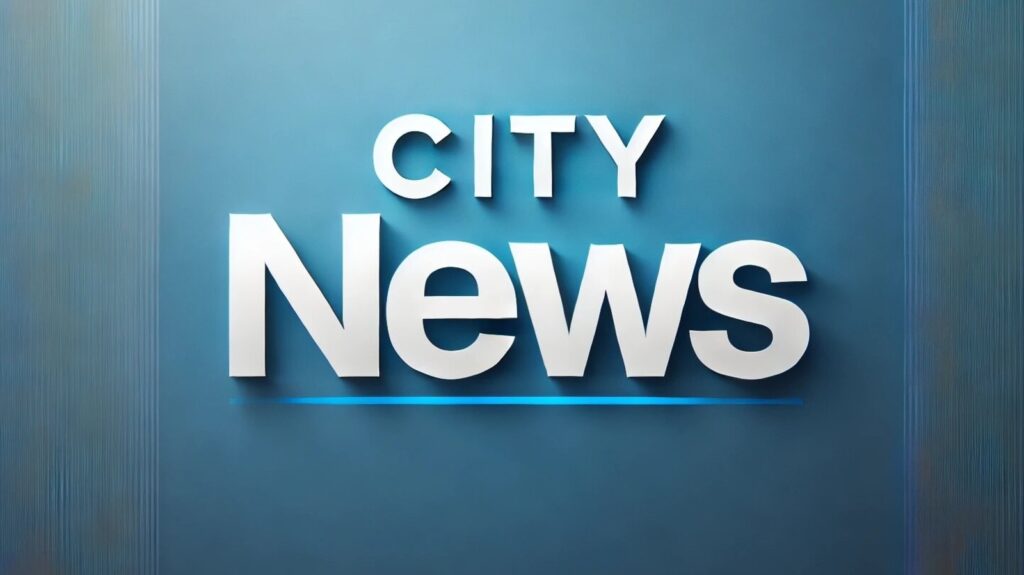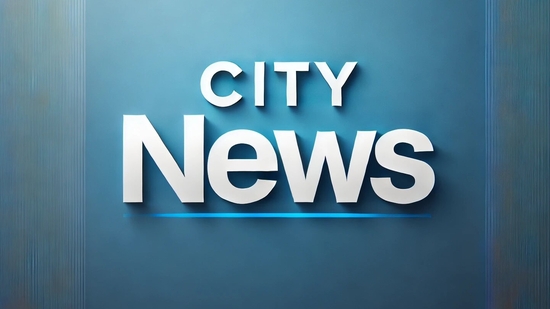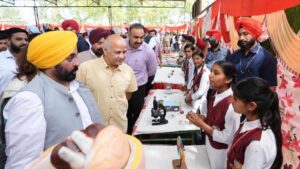MU shocker: Marks of 10K of 15K change after review | Mumbai news

Astounded by the low grades he received in one of his answer papers in the fifth semester recently, a University of Mumbai (MU) student of Law applied for photocopies of the same and discovered that five answers in his submission were not checked.

When another student of Law, displeased with her grades in the last semester, applied for photocopies of the answer sheets, she discovered that the first three pages were hers and the next seven belonged to another student! “After filing complaints and visiting the examination center thrice, I was finally informed that it was a scanning error,” she said.
Revaluation of both answer sheets revealed impressive results.
These are not irregular cases. MU’s revaluation process, discussed in the question-and-answer session at its senate meeting on Saturday, has shone light on the shoddy manner in which students’ answer sheets are scrutinised, illustrated through data which revealed significant changes in students’ marks post-revaluation. Following reassessment of 2024 exams, a number of students saw their results altered.
The revaluation of answer sheets of the Winter 2024 session (October to December) saw revision in marks for approximately 10,994 students out of 15,528 across four courses. (See box.) Similarly, in the Summer 2024 session, results for 8,960 students were changed out of 17,467 applications across nine courses.
The issue was raised by senate members from the teachers’ constituency, professor Vijay Pawar and professor Hanumant Sutar. Addressing the matter, MU stated in a written reply that in the Winter 2024 session, 6,070 students passed after revaluation, while 4,924 remained unsuccessful despite changes in their marks.
When Sutar pressed for detailed data of the Summer 2024 session, the university disclosed that 17,467 students had applied for revaluation, while 5,932 students requested photocopies of their answer sheets, for review.
Pawar, who also serves as the president of the Maharashtra Union of Secular Teachers, expressed concern over the flawed process. “Students have been complaining about it. MU must implement strict regulations to standardise the marking process for fair assessment,” he stated.
Advocate Sachin Adkar, a 44-year-old MPhil Law student, who has been engaged in a legal battle with MU for over two-and-a-half years over allegations of tampering of marks, accused the university of deliberately mishandling the examining system to generate revenue. He put down the process to its “big fund raising enterprise”.
“MU is doing this deliberately to collect funds. As per the rules, if a student’s result changes and he or she passes, the university must refund the revaluation fees. However, in the absence of a streamlined refund system, many students do not receive their money back,” Adkar alleged.
In 2024, information sought under Right to Information (RTI) Act by activist Vihar Durve, revealed around 9308 faculty members across the streams evaluated between two to three lakh answer sheets. Another data showed that MU spent around ₹22,67,935 on revaluation till the summer of 2024. A student pays between ₹150 to ₹350 for revaluation of each answer sheet.
MU officials defended the variance in marks. “Research indicates that when two different teachers evaluate the same paper, there will always be a variation in marks due to subjective perspectives. As per university norms, we are obligated to award whatever marks students receive after revaluation, even if it’s just a minor change like +2 or -2 marks,” an official said.
Meanwhile, members of teachers’ unions attributed the lacuna to workload on faculty members, exacerbated by vacant positions across various departments. A professor of a south Mumbai collage said: “The number of unaided colleges and courses is increasing, and with it, the number of students. However, most colleges lack full-time professors and rely heavily on temporary lecturers, many of who are not qualified to evaluate exam papers. As a result, the burden falls on the existing full-time faculty.”
MU confirmed that it was in the process of “integrating advanced technology into its examination department” to train examiners. ₹1,00,000 has been allocated for the Training Faculties budget for 2025-26, which will “focus on Enterprises Resources Planning systems and other essential skills to enhance their capabilities”.




